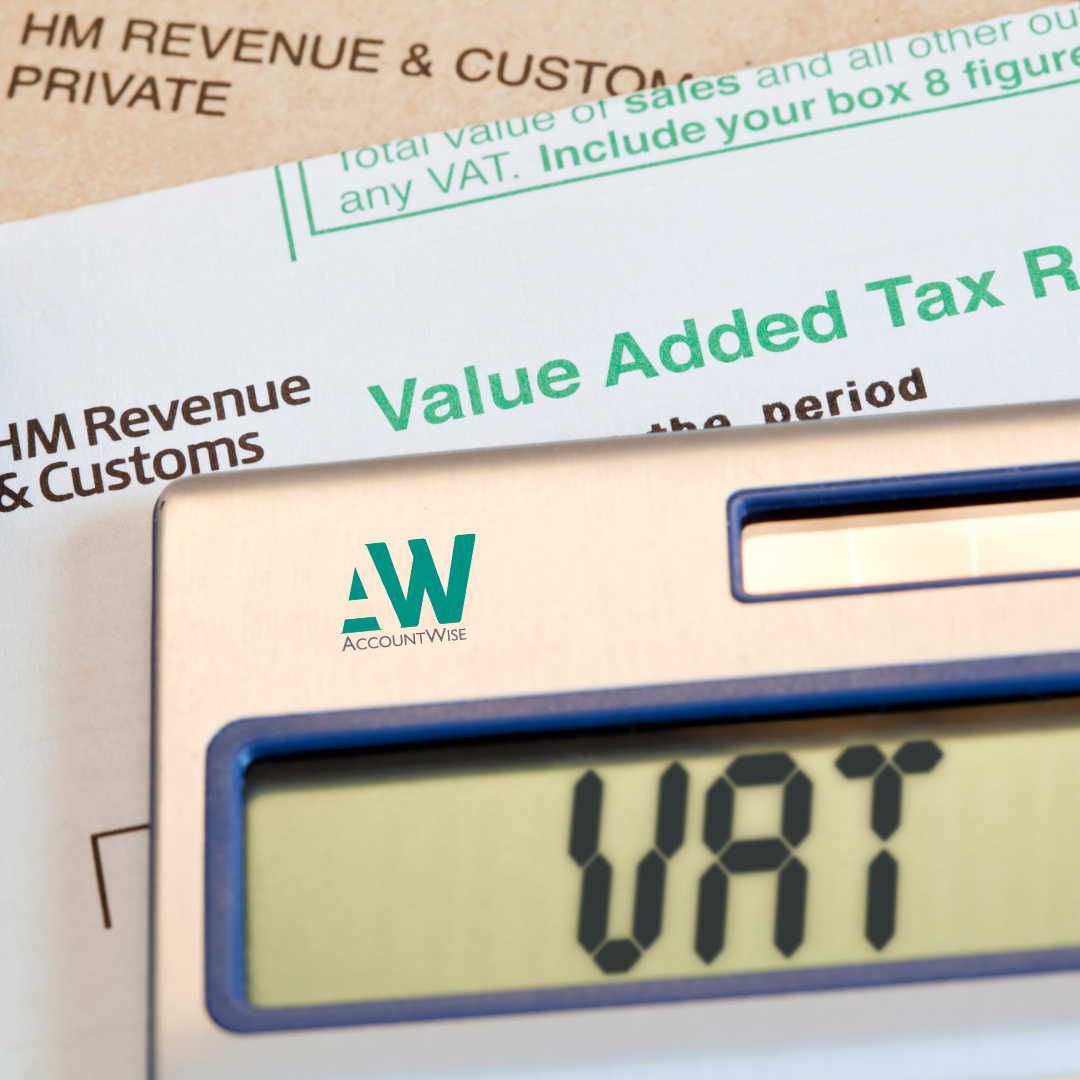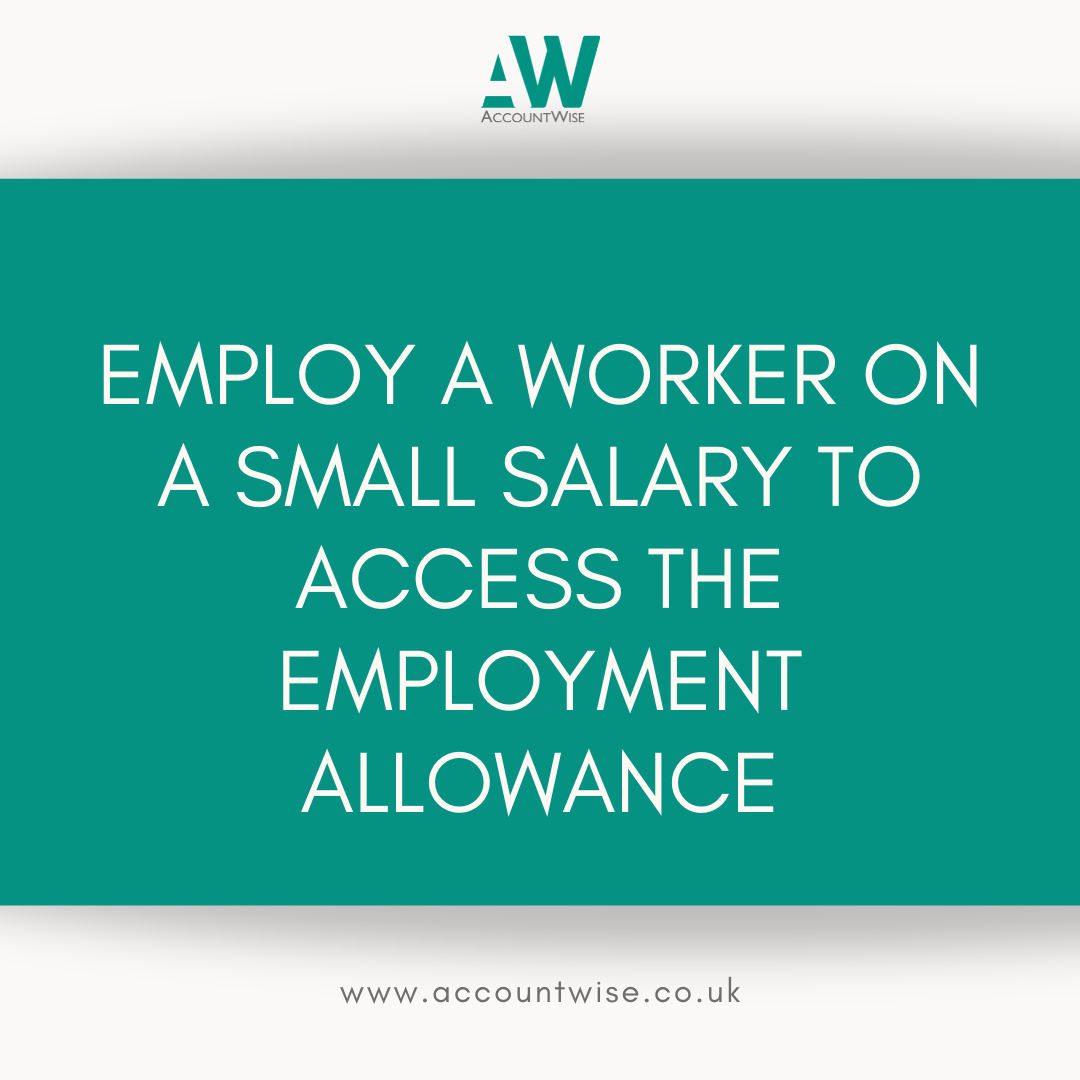When do you need to register for VAT and how do you do it?
If you are running a business, regardless of whether you operate as a sole trader, in partnership or the business is run as a limited company, you will need to register for VAT if your total taxable turnover in the previous 12 months exceeds the VAT registration threshold of £90,000 or if you expect your … Read more










